Shikoku
The Shikoku is one of the 6 native Japanese dog breeds that are protected by the Nihon Ken Hozonkai or Nippo. These dogs come from the Japanese island of Shikoku, so it is not a big mystery how these dogs were named. The mountainous region in the prefecture of Kochi is their original home, and because of that, these dogs are sometimes called the Kochi-Ken in Japan.
The Shikoku is an impressive and historical Japanese dog breed, and one of the biggest worries is that only about 8.000 Shikoku dogs are left in Japan. They are rarely found outside their native land so their numbers around the world are even smaller.

Height:
17-22 in (43-56 cm)

Weight:
35-55 lb (16-25 kg)

Origin:
Japan

Life Expectancy:
10-12 years
Dog Breed Characteristics
The Shikoku is a typical Spitz-type dog that has fox-like characteristics. The Shikoku shares many of its characteristics with the more popular Shiba-Inu. It has a triangular face and triangular, erect ears. They have a thick double coat that was developed as a necessity to survive harsh weather conditions in their native Kochi prefecture.
Their tails are curled over their backs, just like the other Japanese native breeds. The Shikoku is a medium-sized, well-developed, muscular dog. It gives a strong and bold impression.
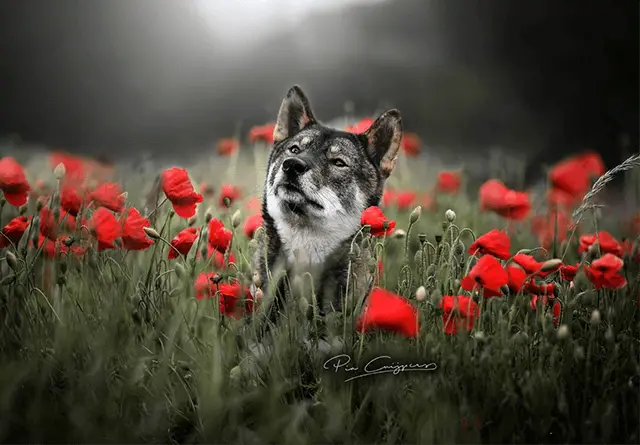
Coat & shedding
Shikoku dogs shed twice a year. These dogs have a double coat, and by regular brushing, you will control the amount of hair.
Shikoku coat colors:
- Sesame
- Red
- Black and tan
The rest is basic care; trim their nails when needed (if they don't wear them down naturally), brush their teeth weekly to prevent tartar buildup and bacteria development. Regularly check their ears for any sign of redness or a bad odor that can indicate an infection.
You can wipe their ears with a cotton ball dipped into an ear cleaner. The key for your dog to get used to everything mentioned above is to start early with them. Make a positive experience for the dog, full of praises and rewards, and you can be sure that your dog will enjoy all these things when they grow up.
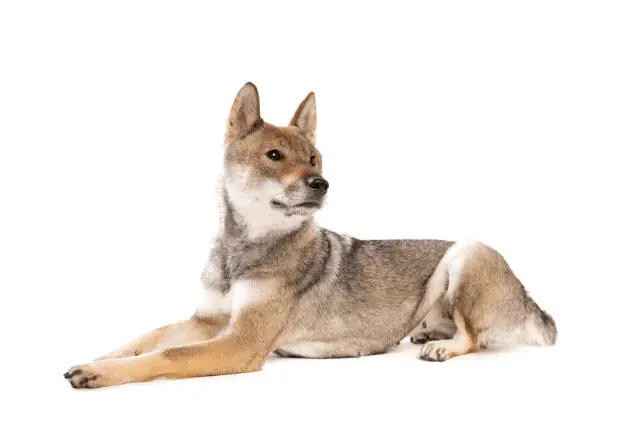
Shikoku temperament
Like the other 6 Japanese breeds, the Shikoku is known for their fierce loyalty. They are great with their whole family, but one person is usually their most beloved one. These dogs are naturally suspicious of strangers and make great watchdogs.
One of the most distinct characteristics of the Shikoku breed is their intelligence. They are known to be fast learners as well as being able to have problem-solving skills. These dogs were expected to make independent decisions while hunting and that trait remains to this day.
However, they are able to develop bad habits just as quickly as they are able to develop good ones, so training is extremely important.
Shikoku training
As such an intelligent breed, the Shikoku needs to be properly trained. The process of training should start as soon as possible, and make sure you have set a clear set of rules even before your Shikoku puppy has arrived.
These dogs react best to positive training methods that involve plenty of treats and food. It is also important that training sessions remain interesting and fun, or your dog will get bored and will lose all interest in learning.
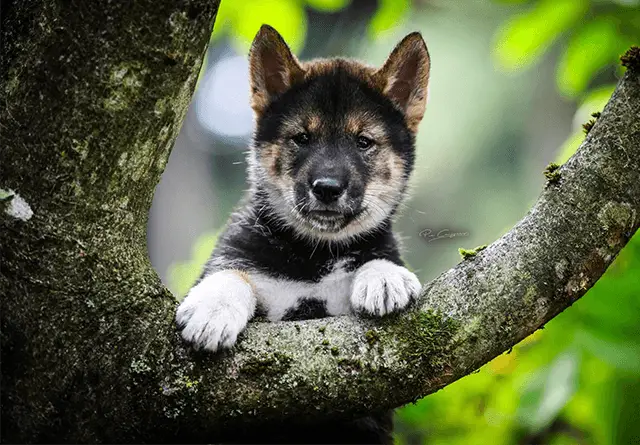
Socialization
The process of socialization is extremely important if you want to have a well-adjusted dog that can come with you anywhere you go. The Shikoku can be reserved towards strangers and aloof so make sure you expose your dog to different sights, sounds, people, and dogs so that your puppy can learn how to handle different situations and react properly.
You will need to teach your dog how to handle and interact with other people and especially children. It is unlikely that a Shikoku will be aggressive or attack humans, and proper socialization will make sure that the risk of biting or attacking is set to a minimum.
Kids
Early socialization and proper training can teach them to behave even when children are around. Their temperament makes them more suitable for families with older children. If you train and socialize your dog well, your children will get a great playing partner that has plenty of energy. These dogs can play for hours upon hours without getting tired or bored.
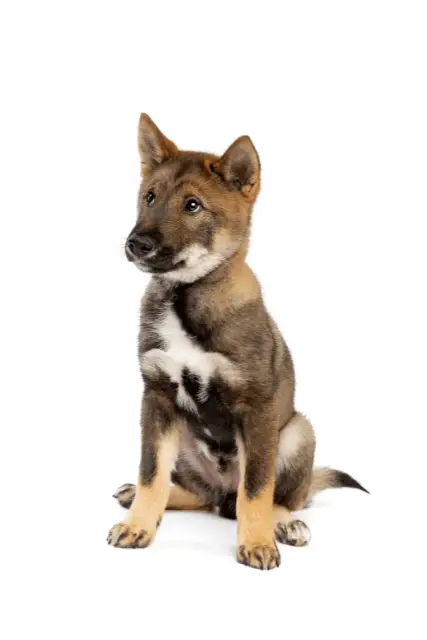
Children should never be left alone with any dog, no matter what breed it might be. You should make sure that your children understand how to approach dogs of this breed and understand how to interact and play with them properly.
Other animals
These dogs can get along well with other dogs and can enjoy their company.
They are not the best fit for other pets. They have a strong prey drive, so they will most likely try and catch smaller animals such as gerbils, hamsters, squirrels, or rabbits. They can learn to get along with the pets they are raised with, but our advice would be never to leave them unattended.
Health problems
The Shikoku is generally considered a healthy breed. These dogs have an average lifespan of 10-12 years.
When getting any breed, the breeder must show you the health tests that they have done for their breeding dogs. Dogs must be adequately tested because taking a chance and hoping that the puppy’s parents are healthy is a risk no one should ever take. Only healthy dogs should be bred because that is the only way to ensure that bloodlines will remain healthy and without any problems.
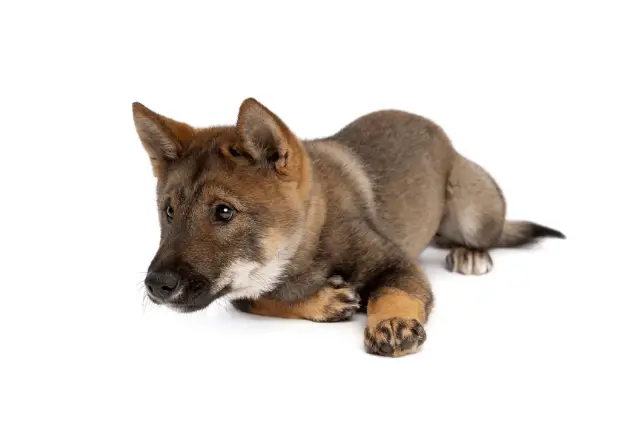
Breeders
If you decided that this is the right dog for you, now it's time to find a good and responsible Shikoku breeder. Buying a dog from such a breeder will provide you with a healthy puppy who will not have health and temperament problems.
Responsible breeders will breed dogs that don’t only look good but have great characters as well. You must find a good Shikoku breeder that can help you learn about this breed and make an informed choice about getting a dog with these characteristics.
When you bring your new puppy home start with the training and socialization immediately. By doing so, you will end up with a well-behaved dog whom you can trust. Provide him with enough daily exercise for him to be happy. With this dog, you must be firm and you must be an alpha for him to listen to you. If you devote your time and energy to this dog, you can be sure that you will end up with a companion for life.
Photos by: Pia Cuijpers
World Dog Finder team

Updated at31.08.2023.
Breed History
The exact Shikoku history and origin is somewhat of a mystery, and we might never be completely sure how this breed actually came to life in Japan. There are some ancient records dating back to the beginning of the 8th century that briefly mention imported dogs from other parts of Asia. Those dogs were primarily hunting dogs, and their description is close to other Spitz-type dogs.
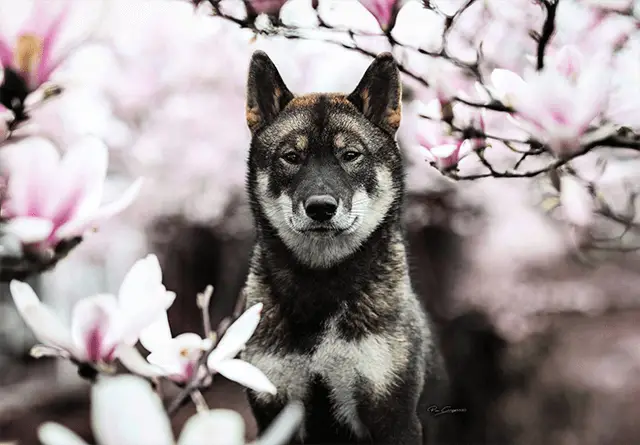
In the past, Shikoku Island wasn’t as connected to the mainland as it is today, and traveling would have been a big problem. That means that the development of this breed had little to no outside interference. It is considered that all modern Shikoku dogs come from three Shikoku bloodlines - the Hata, Aki, and Honawa lines.
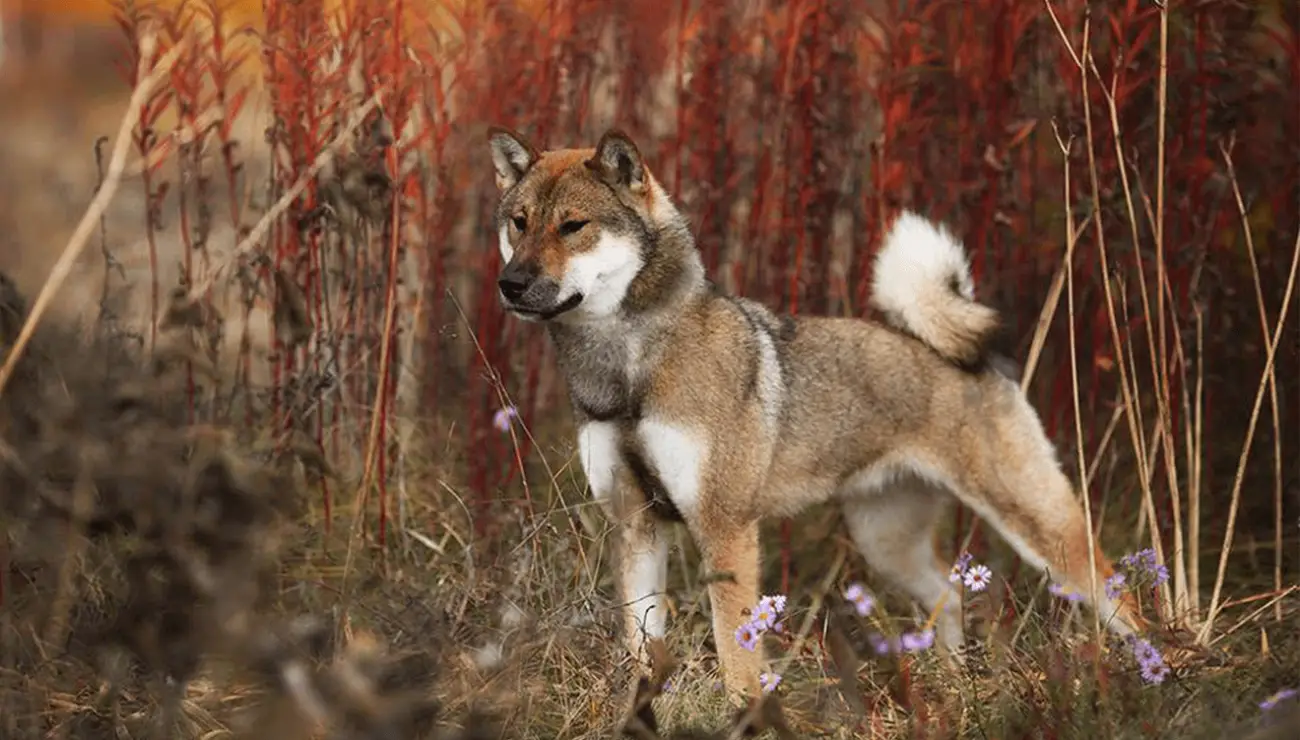
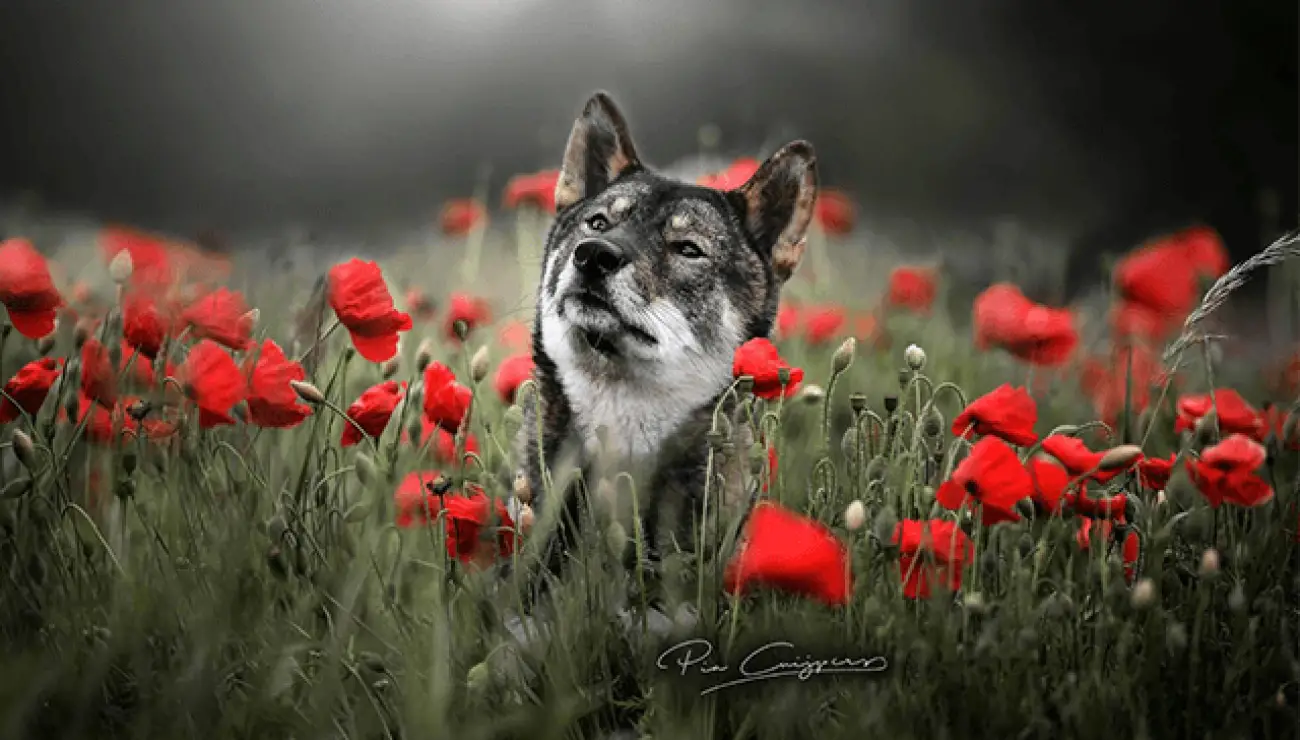
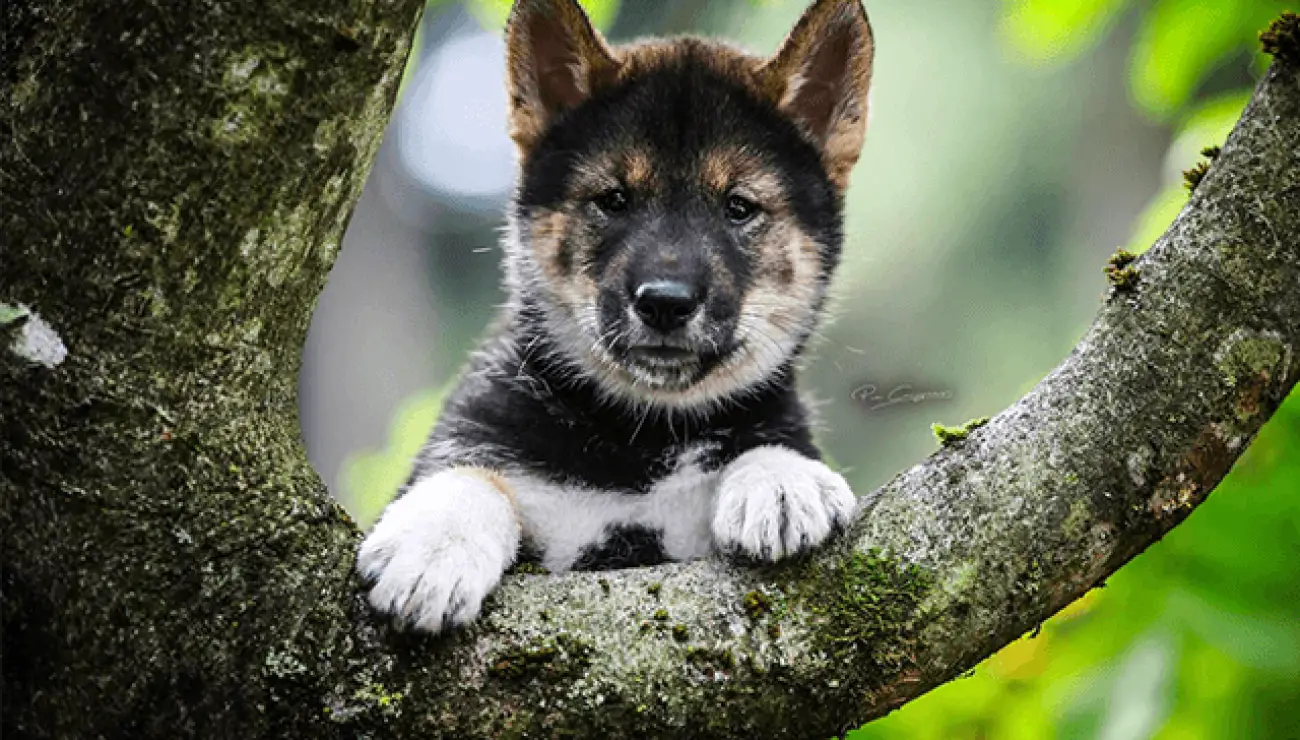
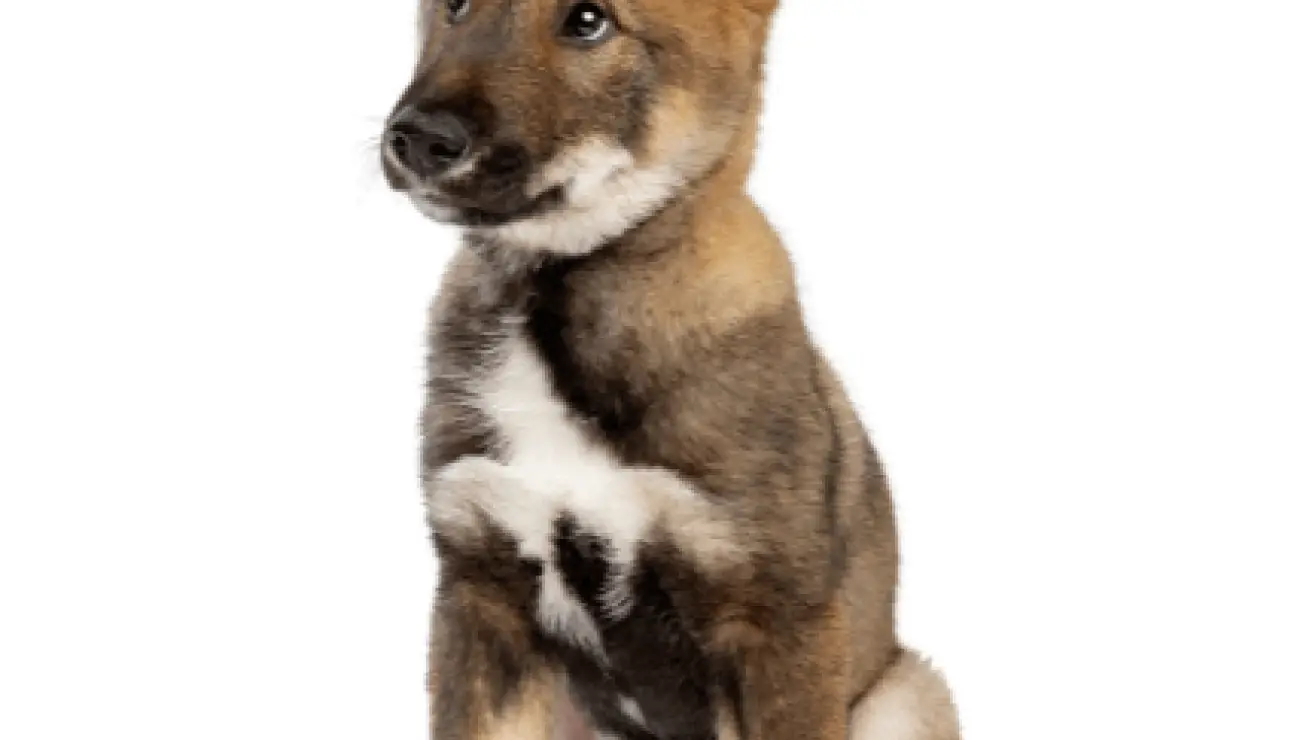
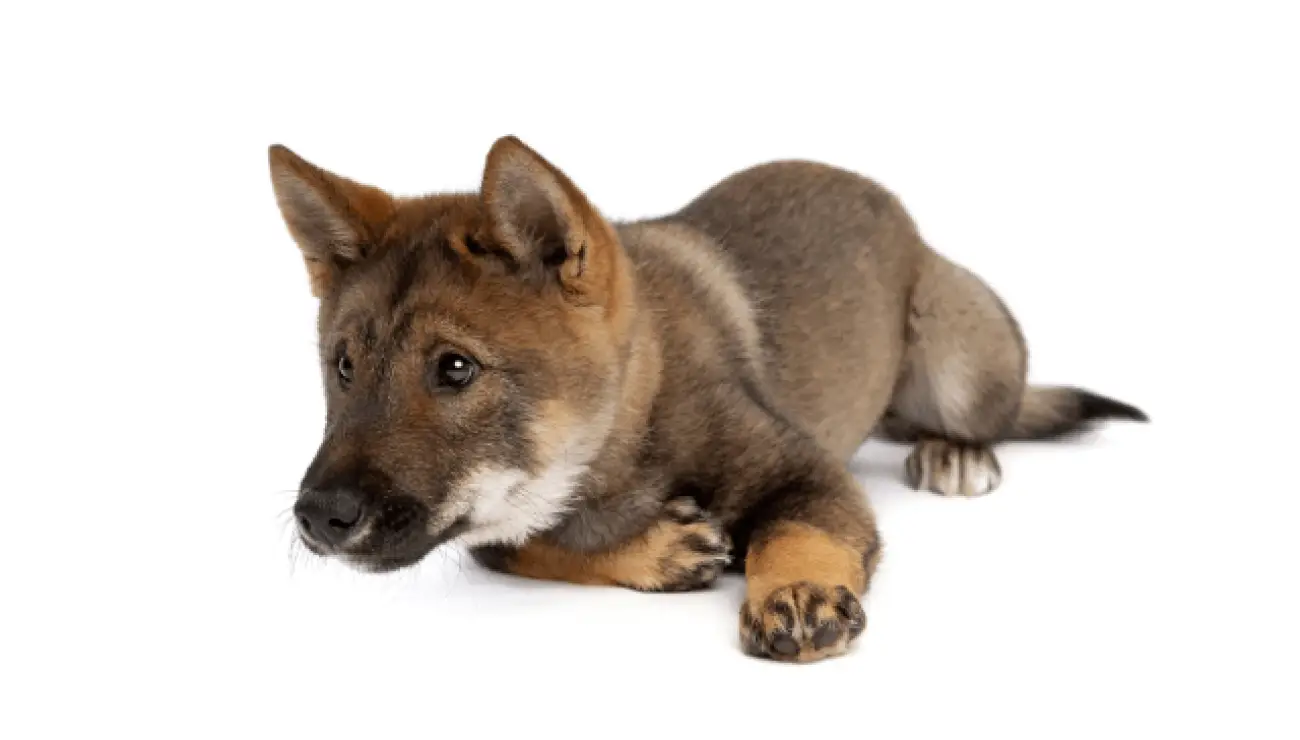
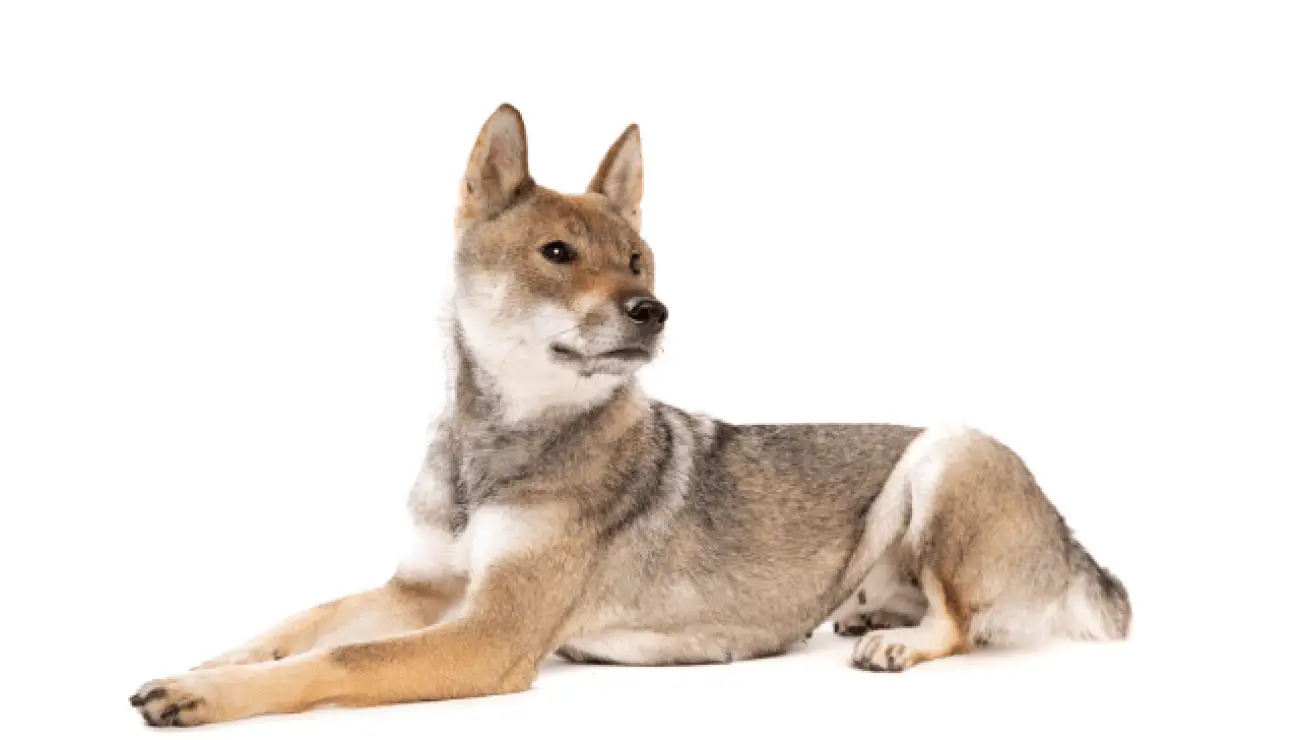
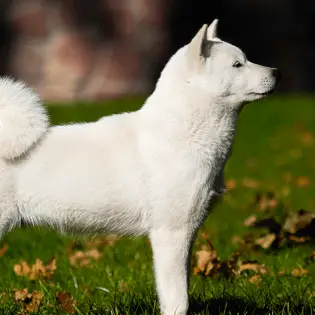
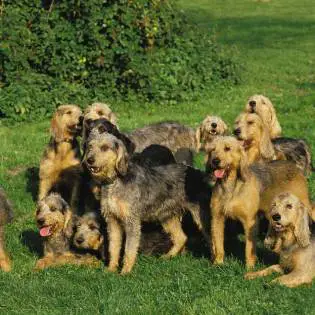

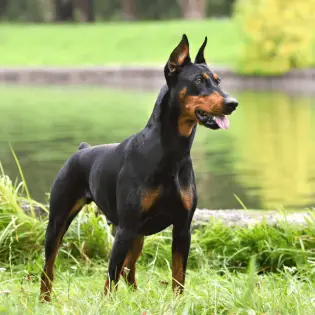
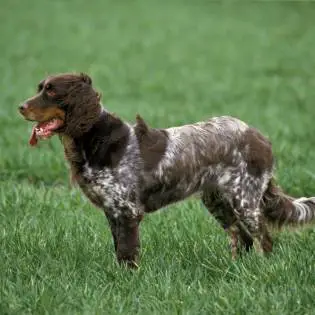
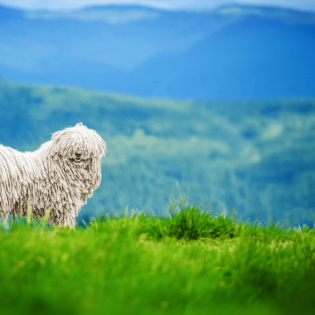
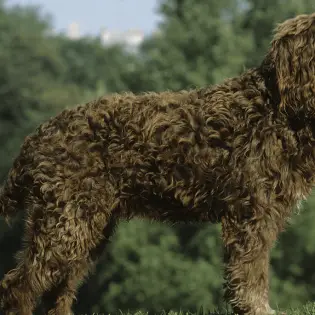
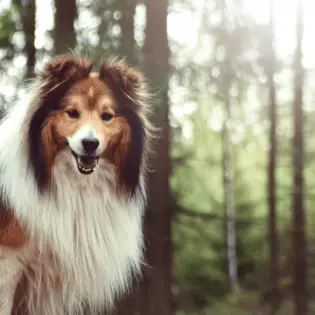



Share